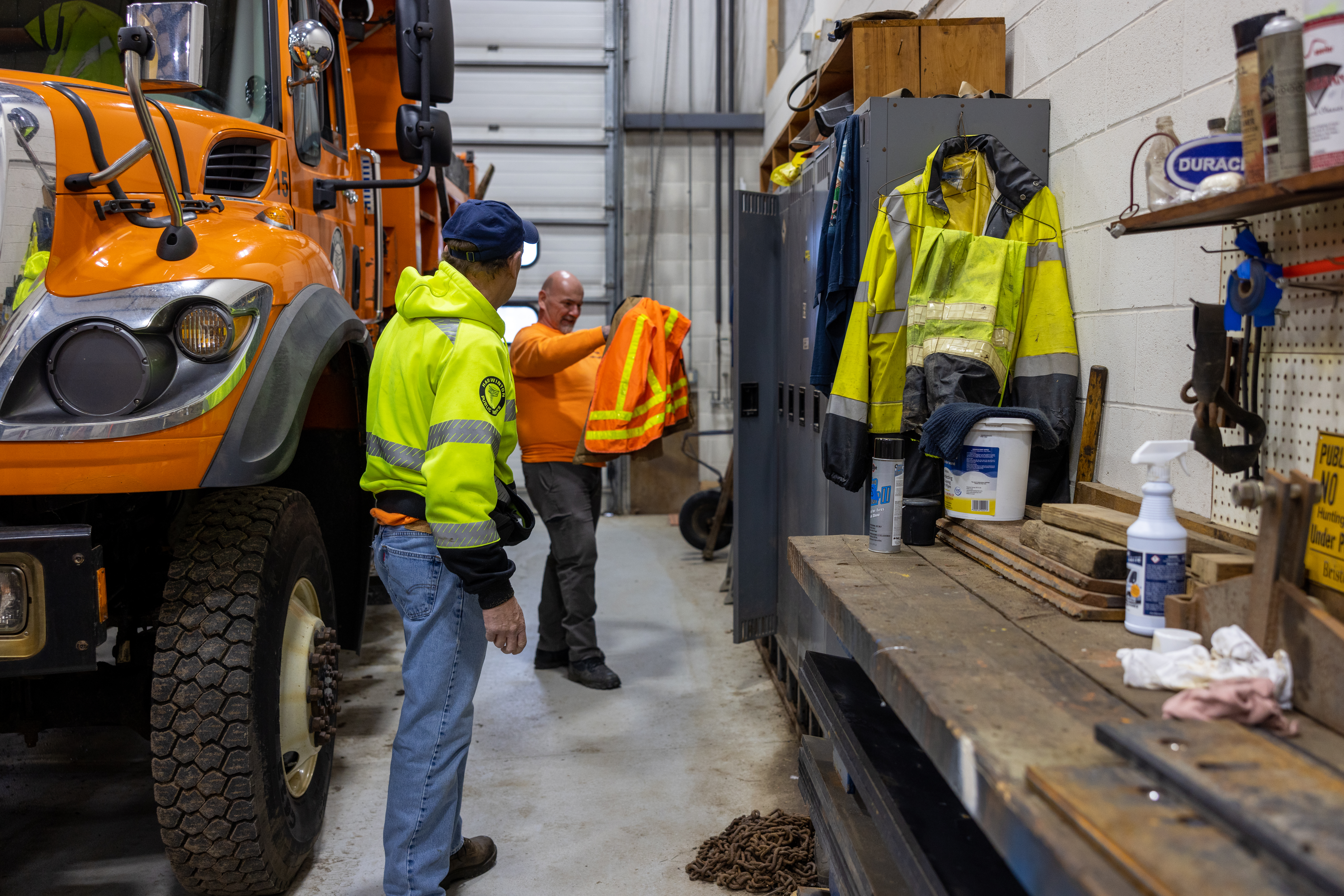Personal Protective Equipment for Public Entity Employees
How to ensure you and your employees are protected.
Proper use of personal Protective Equipment (PPE) is crucial for accident prevention in the municipal workplace. From road maintenance crews to police officers managing traffic flows, employees in various municipal roles face a range of hazards daily. PPE plays a pivotal role in safeguarding your employees from potential risks, ensuring their well-being, and enabling them to perform their duties effectively.
According to the National Library of Medicine, about 40% of employees do not wear personal protective equipment (PPE) in the workplace, exposing themselves to a myriad of potential hazards, injuries, and, in extreme scenarios, fatalities. Public entities should implement and enforce a comprehensive PPE program to mitigate these risks. Raising awareness about the importance of PPE ensures your employees understand its importance, know how to select the appropriate gear for specific tasks, and are properly trained to utilize it.
Municipal employees engage in diverse tasks that expose them to different risks, from exposure to harmful chemicals to physical injuries. Public entity employees must wear PPE to safeguard themselves from workplace hazards such as physical injuries, chemical exposures, and biological contaminants. Serious workplace injuries and illnesses can result from exposure to chemical, radiological, physical, electrical, mechanical, and other hazards.
Training programs should cover the selection, maintenance, and proper use of PPE, and employees must receive proper training and monitoring to ensure the program’s effectiveness. PPE may include gloves, safety glasses, safety shoes, earplugs or earmuffs, hard hats, respirators, coveralls, vests, and full-body suits.
Personal protective equipment is covered by OSHA 29 CFR 1910.132, which requires that many categories of PPE must meet or be equivalent to the standards set by the American National Standards Institute (ANSI). This section outlines OSHA’s standard, detailing the general requirements for using and providing PPE to employers in the workplace and the importance of implementing a comprehensive PPE program.
Per OSHA requirements:
Protective equipment, including personal protective equipment for:
- Eyes,
- Face,
- Head, and extremities,
- Protective clothing,
- Respiratory devices, and
- Protective shields and barriers
… shall be:
- Provided,
- Used, and
- Maintained in a sanitary and reliable condition, wherever it is necessary by reason of hazards of processes or environment.
When employees feel safe and protected, they’re better able to focus on their tasks, leading to improved productivity and efficiency. Public entities that implement the required PPE training and protocol can help avoid accidents, mitigate costly claims, and keep their workforce safe.
Adhering to safety regulations isn’t just about ethical responsibility; it’s also a legal obligation. Municipalities are bound by laws and regulations mandating the provision of PPE to employees exposed to occupational hazards. Failure to comply can result in legal repercussions, including fines and lawsuits.
Beyond mere compliance with regulations, PPE is a critical component of fostering a safe, productive, and resilient workforce. By investing in quality PPE, enforcing its usage, and cultivating a culture of safety, municipalities not only fulfill their legal obligations but also demonstrate their commitment to employee welfare and public trust. Raising awareness about the importance of PPE ensures your employees understand its importance, know how to select the appropriate gear for specific tasks, and are properly trained to utilize it.
CIRMA offers a PPE training and education series through its exclusive CIRMA member Vector Solutions platform. This robust training and education tool features online training courses and webinars proven to educate employees and reduce workplace injuries and illnesses by wearing the appropriate protective equipment.
Has your municipality or local taken advantage of the many benefits available through CIRMA’s exclusive online training and education platform? Contact your local CIRMA Risk Management representative to get started today.












